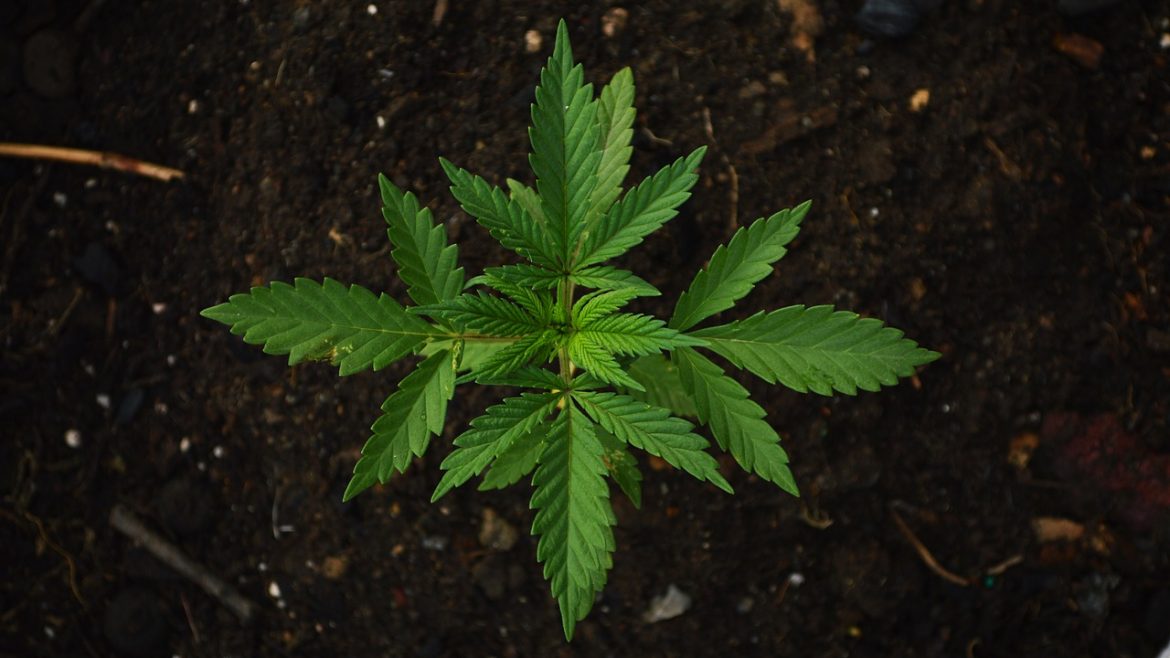How the Cannabis Stereotype is Changing & What You Can Do to Help
Fueled by the propaganda film, Reefer Madness, debuting back in 1936, the negative stereotypes surrounding cannabis were rampant throughout the twentieth century and have endured to this day. Today, cannabis has become more openly acceptable than ever before in the United States, but it still faces outdated stereotypes in the media and unfavorable regulation.
It’s still treated as a Schedule 1 drug by the DEA, meaning that it is seen as having no currently accepted medical use. However, there is already evidence that the chemicals in marijuana, known as the cannabinoids THC and CBD, have medical usefulness and have already been utilized in FDA-approved drugs such as dronabinol and nabilone.
Cannabis is also used widely in the U.S., with The Washington Post including a recent survey indicating that nearly 55 million adults currently use it. In comparison, around 59 million adults smoke cigarettes. The same survey also showed that cannabis users are becoming more open about their habit, with 95 percent of users having told their significant others and close friends. Likewise, 72 percent told their parents about their marijuana use, and 60 percent have told their kids.
Shifting Cannabis Stereotypes
The industry today is seeing shifting cannabis stereotypes, with many users, distributors, and business leaders wanting to leave behind the “dumb, lazy stoner” character all together. In the media, films and series that portray cannabis in an educational and interesting way are finding more popularity, with shows like HBO’s “High Maintenance” and VICELAND’s “Weediquette.”
A survey showed that 80 percent of viewers preferred series which treat cannabis positively or without the typical stereotypes, and 70 percent felt more comfortable discussing their experiences after seeing series like these. Simultaneously, the “Cheech and Chong”-style stereotypes are being avoided now with 72 percent of viewers saying that too many TV shows portray cannabis users as “silly and forgetful stoners.” A legal cannabis company called MedMen has even made headlines with their billboards advertising a website they made called forgetstoner.com, which linked to a campaign they were running to eradicate the stoner stereotype.
Another stereotype that’s shifting is the gender gap among cannabis users. While once viewed as heavily male-dominated, the cannabis industry is now largely inclusive of women, with 36 percent of executives in the cannabis industry compared to only 22% in U.S. businesses overall. Bon Appetite, a food media company, released an article about 5 female chefs leading the charge against cannabis stereotypes in the culinary world.
TIME published a story about more than 80 percent of people using legal cannabis as “workout fuel,” either using cannabis before or after physical activity to improve their experience of working out and resting after a work out. While the lazy stoner stereotype still exists, it seems that the “lazy” part doesn’t quite add up for most users.
Social Media’s Role
So, the cannabis stereotype is changing. But how can you contribute to the nationwide push? Social media may be the answer. While there are heavy regulations in terms of advertising on social channels if you sell cannabis or related products, there is still a great opportunity to contribute to the national conversation and affect the ongoing stereotyping of users and the drug itself.
Better Stock Images
The use of new stock images showing cannabis use in lighter ways is emerging, transforming the idea that users are criminals. Showing a variety of people in normal settings is helping these new stock images to propel the image of cannabis culture forward.
Educate and Inform
Publishing content that is educational and meant to inform consumers about cannabis, safe use, and risk factors is the safest way to push the conversation (and your legal cannabis business) while staying away from ad regulations. People want content that gives them something in return for the time they spend on it, and anything that helps educate them about cannabis and emphasizes safety will hit home and likely result in shares too.
Share Positive Content
Share stories like the ones mentioned in this post, detailing the events in the industry pushing back against the stereotypes. Whether its informative clips from a series about cannabis usage or an article about female chefs bringing cannabis into their culinary experiments, sharing content that is interested in looking at fact versus myth is always a good idea.
Choose Your Platform Wisely (and Look Further than the Big 3)
Instagram is great for B2C content with its visually-appealing nature, and is also a great place to encourage influencer marketing. Still, many cannabis companies are afraid of a sudden account closure due to regulatory issues and so the need to be incredibly cautious with content is there. Twitter is the friendliest in terms of regulation, and could be a great area to have discussions about stereotypes without worry of too much pushback. Facebook has the largest audience of the three, but like Instagram, is more heavily regulated.
Consider checking out some newer social media platforms that are cannabis-centric, like Duby, Weedable, and CannaSOS. Obviously, these users are already less concerned about stereotypes, but users don’t want to be lumped into them either. These sites may be good launching points for campaigns around keeping the positive conversation going and finding support from those most likely to jump on board.
Social media gives you the opportunity to push the conversation and shift negative stereotypes away from the old normal. Like media of the past, it can have strong effects on the perceptions that surround cannabis. The difference now is that the conversation is constant and immediate. Put out content that tells the truth of what is known about cannabis today, how it can be useful, what risks it can present, and its target demographic.
Need help navigating the regulations of social media to market your legal cannabis business? For help with branding, web design, and integrated digital marketing, contact our team at Herban Creative today to learn more.










